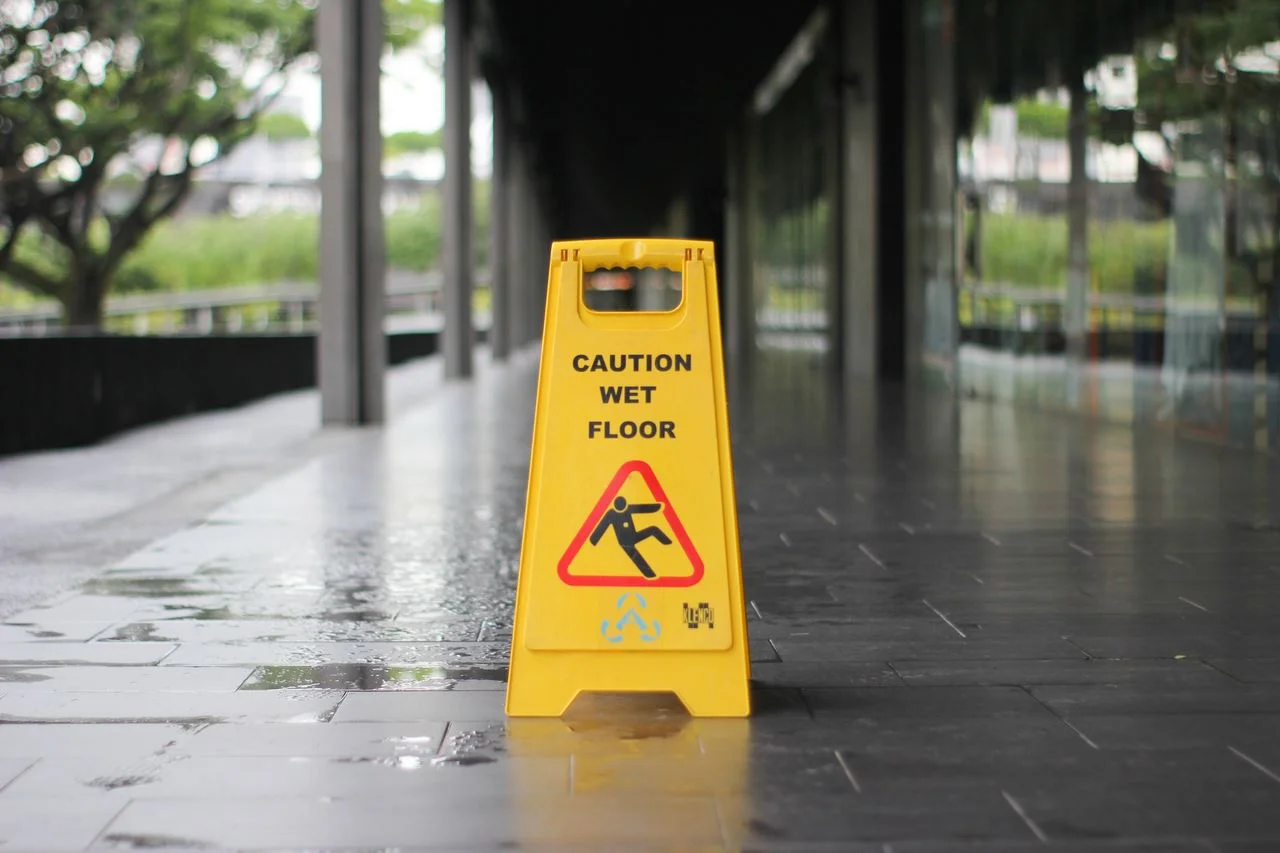Slip and Fall Accidents in Retail Stores: Know Your Rights in South Carolina

Slip and fall accidents can happen anywhere, and when they occur in retail stores, understanding your rights under South Carolina law is essential. In this blog post, we’ll provide factual information about slip and fall accidents in retail settings, outlining the key aspects of South Carolina’s legal framework that every individual should be aware of to protect their rights in the aftermath of such incidents.
Duty of Care
Retail store owners in South Carolina, like in many states, owe a duty of care to their customers. This duty involves maintaining a safe environment, free from hazards that could cause injuries. When this duty is breached, and a customer sustains injuries due to a slip and fall, the injured party may have grounds for a personal injury claim.
Premises Liability
South Carolina operates under premises liability laws when it comes to slip and fall accidents in retail stores. To pursue a successful claim, the injured party must demonstrate that the store owner or employees were negligent in maintaining the premises. This negligence could involve failure to clean up spills promptly, inadequate signage, or neglecting to address known hazards.
Notice and Knowledge
Proving negligence often requires establishing that the store owner had notice or knowledge of the hazardous condition. This could mean the store was aware of the dangerous situation, or it should have been aware through regular inspections and maintenance. Collecting evidence, such as surveillance footage or witness statements, is crucial to supporting your claim.
Comparative Negligence
South Carolina follows a modified comparative negligence system. This means that if you contributed to your slip and fall accident, your compensation may be reduced based on your percentage of fault. Understanding the implications of comparative negligence is crucial when pursuing a claim, as it can affect the amount of compensation you may be entitled to receive.
Time Limitations
Similar to other personal injury cases, slip and fall claims in South Carolina are subject to a statute of limitations. In general, the injured party has three years from the date of the accident to file a lawsuit. Failing to initiate legal action within this timeframe may result in the loss of the right to seek compensation.
Conclusion
If you’ve experienced a slip and fall accident in a retail store in South Carolina, knowing your rights is paramount. Understanding the duty of care, premises liability laws, and the concept of comparative negligence will help you navigate the legal landscape. Promptly documenting the incident, seeking medical attention, and consulting with a qualified personal injury attorney are crucial steps to protect your rights and pursue fair compensation for your injuries. Remember, knowledge is your best ally in the aftermath of a slip and fall in a retail setting.
